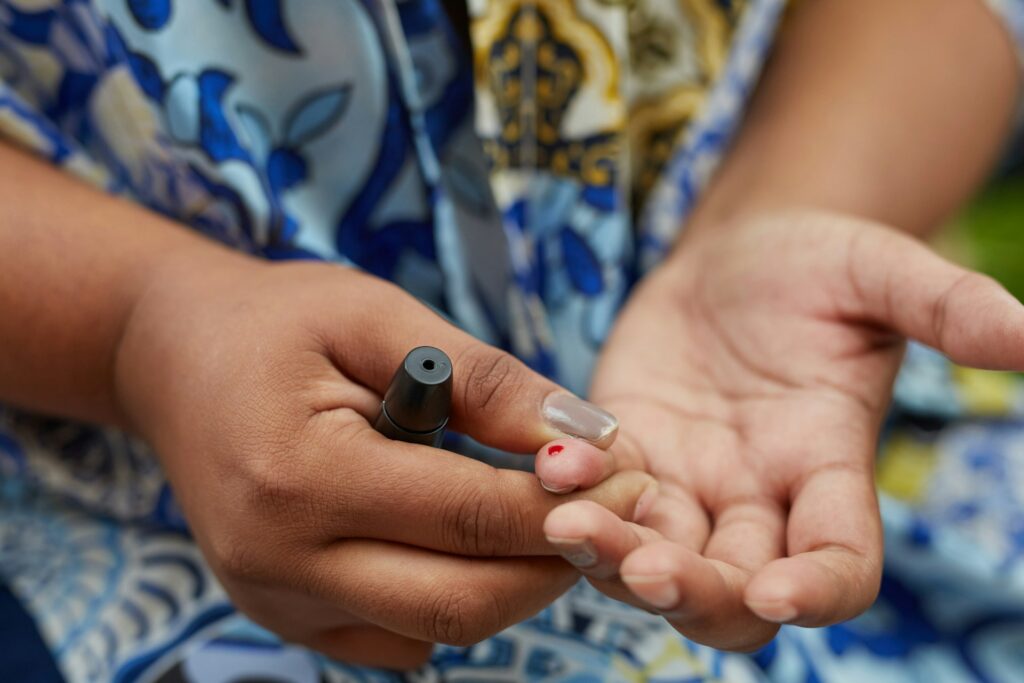Heart failure, often considered a condition of the elderly, is a significant concern for women of all ages. Understanding heart failure symptoms in women is crucial, as early detection can lead to more effective management and potentially slow the disease’s progression. While some symptoms overlap with men, women often experience nuances that can be easily overlooked.
The Nature of Heart Failure
Heart failure doesn’t mean the heart has stopped working entirely. Instead, it signifies the heart’s inability to pump blood efficiently to meet the body’s needs. This inefficiency can result from various causes, leading to a series of symptoms that women must be vigilant about.
Subtle Breathlessness
One of the most common symptoms of heart failure in women is a subtle shortness of breath. It might manifest during everyday activities, like walking up the stairs or carrying groceries. Over time, this breathlessness may become more pronounced, even during rest or sleep.
Fatigue and Weakness
Another prevalent symptom is unexplained fatigue or weakness. Women might feel tired even after adequate rest or might struggle to complete tasks that were previously effortless. This fatigue stems from the heart’s inability to supply enough oxygen-rich blood to the muscles and tissues.
Swelling and Fluid Retention
Heart failure often leads to fluid retention, which can cause swelling, particularly in the ankles, feet, legs, and sometimes, the abdomen. This swelling, known as edema, is due to the heart’s inability to pump blood efficiently, causing blood to back up in the veins and leading to fluid accumulation in the body’s tissues.
Rapid Weight Gain
Related to fluid retention, a sudden weight gain over a few days can be a sign of heart failure. This isn’t related to diet or lack of exercise but is a direct consequence of the body holding onto excess fluid.
Persistent Coughing or Wheezing
Some women with heart failure develop a persistent cough or wheezing, which might produce white or pink blood-tinged mucus. This is due to fluid accumulation in the lungs and can be a crucial symptom that should not be ignored.
Confusion or Impaired Thinking
An often-overlooked symptom is changes in mental clarity. Women might experience moments of confusion, memory loss, or difficulty concentrating. These cognitive changes are related to the body’s struggle to maintain balanced electrolyte levels as the heart’s efficiency diminishes.
Elevated Heart Rate
To compensate for its decreased pumping ability, the heart might beat faster. Women may experience palpitations or the sensation that their heart is racing or throbbing. This symptom is the body’s way of trying to deliver more oxygen to its tissues.
The Interplay of Other Conditions
It’s essential to note that other health conditions can either mimic or exacerbate heart failure symptoms in women. For instance, women with thyroid disorders, anemia, or chronic kidney disease might experience increased fatigue or breathlessness. Recognizing the interplay between heart failure and other conditions can aid in more precise diagnosis and tailored treatment plans.
Impact of Lifestyle and Diet
Diet and lifestyle play a pivotal role in the onset and management of heart failure. Consuming a diet high in sodium, for instance, can worsen fluid retention and swelling in individuals with heart failure. Likewise, sedentary lifestyles, excessive alcohol consumption, and smoking can escalate the risk and severity of heart failure.
The Emotional Aspect
It’s not just the physical symptoms that women need to be aware of. Living with heart failure can have emotional and psychological repercussions, ranging from anxiety and depression to feelings of isolation. It’s crucial to address these aspects, seeking emotional support, counseling, or therapeutic interventions when needed.
Empowerment through Education
By expanding one’s knowledge about heart failure, its symptoms, triggers, and related conditions, women can be more proactive in their health journey. Education and awareness are the bedrock of timely intervention, effective management, and a better quality of life.
Importance of Timely Recognition and Action
Given the subtlety of many heart failure symptoms, women might dismiss them as regular age-related changes or symptoms of other conditions. This makes timely recognition and intervention crucial. By understanding and acting upon the earliest signs, women can access treatments and lifestyle changes that can significantly improve their quality of life and longevity.
Embrace Proactive Monitoring
In addition to recognizing symptoms, proactive monitoring can be a game-changer in managing heart health. The Viedial app provides an accessible platform to track heart health indicators, ensuring that any changes are promptly addressed. It’s not just about identifying symptoms but also about adopting a comprehensive cardiovascular health solution to stay ahead in the journey to optimal heart health. Remember, with the right tools and awareness, you’re empowered to take control of your heart health.




